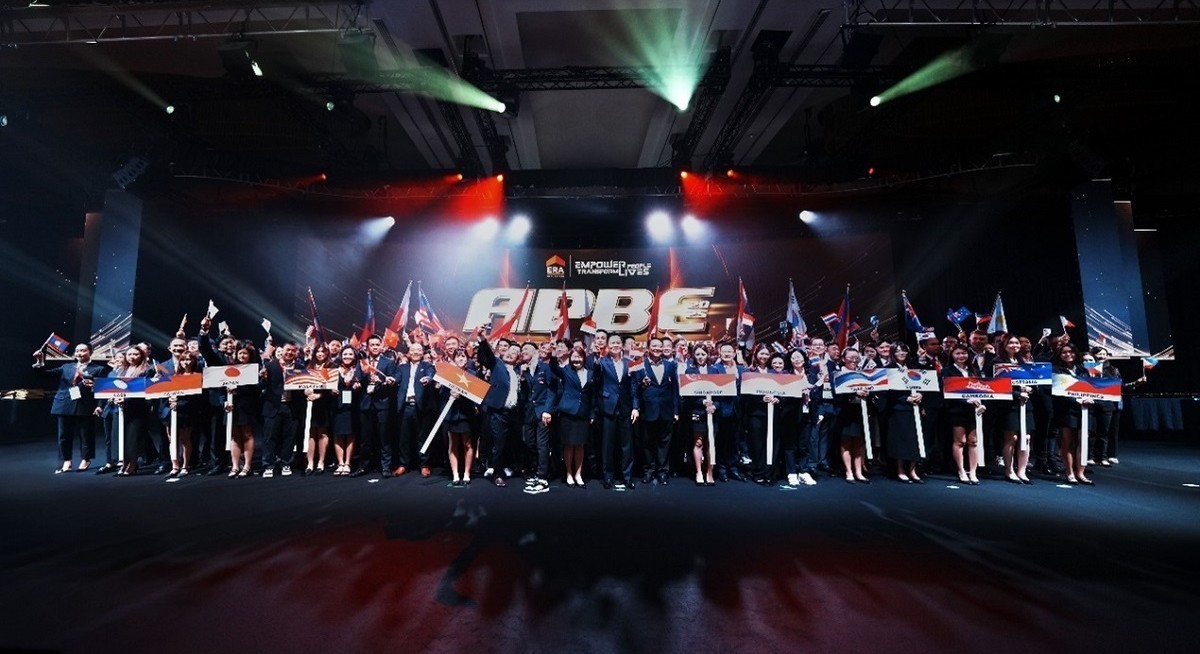The bulk of APAC Realty’s revenue comes from its real estate brokerage services segment, says Chan. The biggest contributor is private secondary resale transactions, at 44% of brokerage value. This is followed by leasing and HDB resale, private primary residential, and lastly, commercial resale and leasing.
While private primary residential (new home sales) only represent 15% of APAC Realty’s transaction value, this segment contributes the healthiest margins due to differences in the commission structure, notes Chan.
In fact, new homes sales have historically been more profitable for APAC Realty with gross margins about triple that of the resale segment, he adds.
In an Aug 5 report, Chan says strong new home sales will boost APAC Realty’s bottomline.
See also: From July: APAC Realty ‘bouncing back’ as shares gain 23% YTD; RHB hikes target price by 12.5%
While new home sales for 9M2024 were lacklustre due to limited launches and a high interest-rate environment, 4Q2024 saw a return of pent-up demand with easing rates. With 1Q2025 also latching onto the positive sales momentum, these two quarters combined have already hit 105% of FY2024 total sales volume, says Chan.
“As there is a three- to- six-month revenue recognition lag before new home brokerage sales can be recognised, we expect to see an earnings rebound in FY2025, in particular the first half,” says Chan.
While APAC Realty has not disclosed the date of its results release for 1HFY2025 ended June 30, the Mainboard-listed company has reported first-half earnings between Aug 8 and Aug 14 over the past five years.
See also: APAC Realty reports 38.8% lower earnings of $7.2 mil for FY2024 from fewer new home sales
Project pipeline
Chan also points to a “healthy” and “robust” pipeline of upcoming projects in 2H2025, with some 7,300 new units expected. This brings total launches for 2025 to 13,000 units, some 70% higher y-o-y.
Despite higher Seller’s Stamp Duty (SSD) rates announced in July, demand continues to be propped up by genuine buyers and lower interest rates, says Chan. “A high and steady level of Government Land Sales (GLS) sites for 2025 will also bode well for residential supply in the coming years.”
Generous payouts
Turning to financials, Chan says APAC Realty’s total debt of $40.1 million is “well-supported” by its “solid” cash position of $40 million.
APAC Realty has made profits and paid dividends consistently since its IPO in 2017, says Chan. “APAC Realty has the capacity to reward shareholders, as shown by its commitment through a dividend payout policy of between 50%-80% of net profits,” he adds. “Its average payouts have been more generous at 75.5% since IPO.”
In fact, investors who have held on to their shares since APAC Realty’s 66-cent IPO price would have gained a total of 32.35 cents worth of dividends per share over the past eight years, writes Chan.
For more stories about where money flows, click here for Capital Section
In recent years, payout has ranged within the 75%-80% levels, says Chan. “Riding on robust new home sales and steady resale transactions, we forecast earnings growth of 96% and 14% y-o-y for FY2025 and FY2026.”
Share buybacks to fulfill the 4 million vested shares annually to key personnel could also provide a form of share price support, he adds.
According to Chan, APAC Realty trades at 14.7 times forward price-to-earnings (P/E) and 1.3 times price-to-book (P/B), with a 6.3% dividend yield.
Aside from Lim & Tan, RHB Bank Singapore has been hiking its target price on APAC Realty from the start of the year, following its upgrade of Singapore's real estate sector to “overweight”.
As at 3.40pm, shares in APAC Realty are trading 2.5 cents higher, or 4.4% up, at 59 cents. APAC Realty shares have risen 51% year to date.




